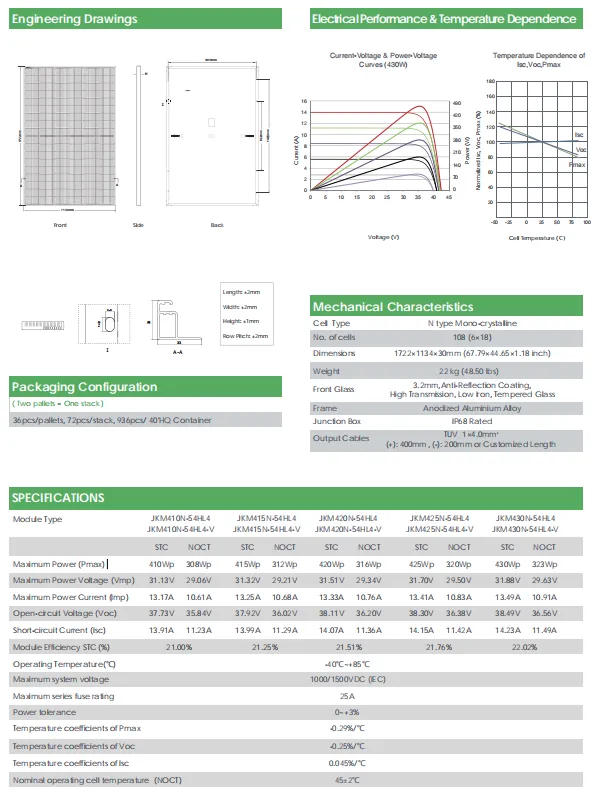off grid electricity options
Exploring Off-Grid Electricity Options A Sustainable Future
In an era where environmental concerns are paramount and energy sustainability is becoming increasingly crucial, off-grid electricity options are gaining traction. Off-grid electricity refers to energy systems that operate independently from the traditional electrical grid. These systems offer a myriad of benefits, particularly for remote areas, and contribute significantly to reducing carbon footprints. This article delves into various off-grid electricity options available, their advantages, challenges, and their potential role in shaping a sustainable future.
1. Solar Power Systems
Solar energy is among the most popular off-grid electricity options due to its accessibility and scalability. A typical off-grid solar power system consists of solar panels, a charge controller, batteries, and inverters. Solar panels capture sunlight and convert it into electricity, while the charge controller regulates battery charging. Batteries store excess energy for use during cloudy days or nighttime.
One of the key advantages of solar power systems is their ability to provide clean, renewable energy without carbon emissions. This is particularly beneficial for rural and remote areas where extending the grid is not feasible. Furthermore, advancements in solar technology have made systems more efficient and affordable over time, making them an attractive option for homeowners and businesses alike.
2. Wind Energy Systems
Wind energy is another viable off-grid electricity option, especially in regions with consistent wind patterns. Small wind turbines can generate electricity independently of the grid, making them suitable for farms, remote cabins, or rural homesteads. Like solar systems, wind turbines work in conjunction with batteries and inverters to store and convert energy.
The primary advantage of wind energy is its ability to produce electricity even during the night or in cloudy conditions, as long as there is sufficient wind. Additionally, wind energy complements solar power well; while solar power may be abundant during sunny days, wind patterns can often prevail at night or during different seasons.
3. Micro-Hydro Power Systems
For those living near a flowing water source, micro-hydro power systems offer a highly efficient off-grid electricity option. These systems harness the kinetic energy of flowing water to generate electricity. Micro-hydro setups typically consist of a turbine, generator, and battery bank.
off grid electricity options

Micro-hydro systems are particularly advantageous because they can provide a consistent and reliable power supply, often producing energy 24/7 if the water flow is stable. However, their feasibility is contingent upon having access to suitable water sources, which may not be available to everyone.
4. Biomass Energy
Biomass energy, derived from organic materials, represents another off-grid electricity option. Organic waste, agricultural residues, and wood chips can be converted into electricity or used for heating through combustion or gasification processes.
This form of energy is especially beneficial for rural areas where agricultural waste is abundant. By utilizing local biomass, communities can generate electricity sustainably while also managing waste. However, biomass energy production requires careful management to minimize emissions and ensure sustainability.
5. Challenges of Off-Grid Systems
While off-grid electricity options present numerous benefits, they also come with challenges. Initial setup costs for solar panels, wind turbines, and micro-hydro systems can be high, although prices have been decreasing steadily. Additionally, the need for battery storage introduces further expenses and maintenance considerations.
Moreover, off-grid systems often require more effort in terms of energy management, as users need to be conscious of their energy consumption and may need to adjust their habits accordingly. Furthermore, achieving reliability and consistency in power generation can be challenging, particularly with variable energy sources.
Conclusion
As we move towards a more sustainable future, off-grid electricity options emerge as crucial components of modern energy solutions. Solar, wind, micro-hydro, and biomass systems provide clean and renewable alternatives to conventional grid energy, particularly for remote communities. While challenges such as high initial costs and energy management exist, the benefits of reduced environmental impact and increased energy independence significantly outweigh the drawbacks. Embracing off-grid electricity options can empower communities and individuals to take control of their energy needs, fostering a sustainable and resilient energy future.
-
Unlocking Energy Freedom with the Off Grid Solar InverterNewsJun.06,2025
-
Unlock More Solar Power with a High-Efficiency Bifacial Solar PanelNewsJun.06,2025
-
Power Your Future with High-Efficiency Monocrystalline Solar PanelsNewsJun.06,2025
-
Next-Gen Solar Power Starts with Micro Solar InvertersNewsJun.06,2025
-
Harnessing Peak Efficiency with the On Grid Solar InverterNewsJun.06,2025
-
Discover Unmatched Efficiency with the Latest String Solar InverterNewsJun.06,2025







